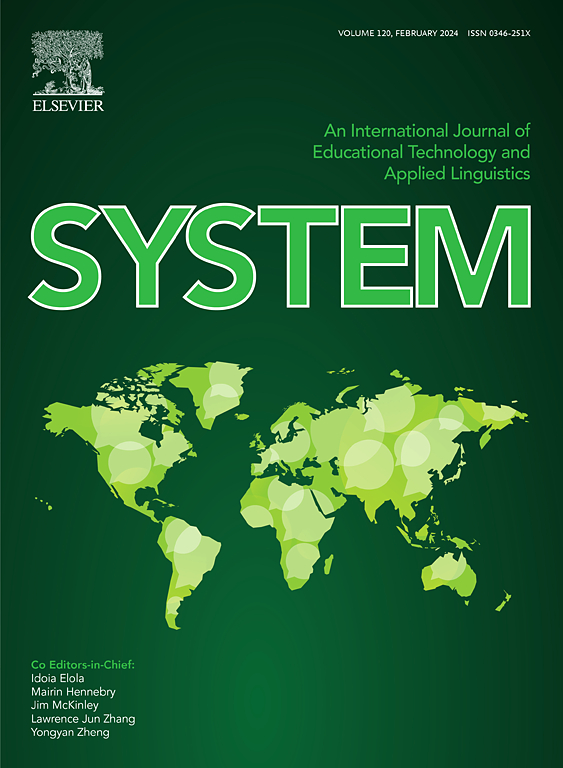肠道微生物群通过调节性类固醇激素的代谢影响母猪的发情恢复
IF 7
1区 农林科学
Q1 Agricultural and Biological Sciences
引用次数: 0
摘要
性激素在断奶后母猪的发情恢复中发挥着重要作用。以往的研究表明,性激素与肠道微生物群之间存在复杂的双向调节。然而,肠道微生物群对断奶后母猪发情恢复的影响程度尚不清楚。在本研究中,我们首先通过 16S rRNA 基因测序筛选了 207 份表型良好的母猪粪便样本,并确定了微生物与断奶后母猪发情恢复之间的显著关联。利用来自 85 份粪便样本的元基因组测序数据,我们确定了 37 种与发情返情显著相关的细菌。正常发情母猪的特征是L. reuteri和P. copri的丰度增加,而B. fragilis、S. suis和B. pseudolongum的丰度降低。肠道微生物组成的变化极大地改变了肠道微生物组中类固醇激素生物合成的功能能力。这些结果在验证组群中得到了证实。通过代谢组分析发现,正常母猪和非返情母猪的性类固醇激素和相关化合物发生了显著变化。对不同细菌种类、元基因组和粪便代谢组的综合分析表明,正常回流相关细菌种类L. reuteri和Prevotella spp.参与了孕烯醇酮、孕酮和睾酮的降解,从而促进了雌激素的生物合成。此外,与母猪能量和营养供应或代谢紊乱有关的微生物代谢物也显示出与母猪返情的关系。对差异丰度细菌物种、元基因组和粪便代谢组的综合分析表明,L. reuteri 和 Prevotella spp.参与了母猪的发情恢复。这些发现深入揭示了肠道微生物群在断奶后母猪发情恢复中的作用以及肠道微生物群与性激素之间复杂的交叉对话,表明操纵肠道微生物群可能是改善断奶后母猪发情恢复的有效策略。本文章由计算机程序翻译,如有差异,请以英文原文为准。
Gut microbiota affects the estrus return of sows by regulating the metabolism of sex steroid hormones
Sex hormones play important roles in the estrus return of post-weaning sows. Previous studies have demonstrated a complex and bi-directional regulation between sex hormones and gut microbiota. However, the extent to which the gut microbiota affects estrus return of post-weaning sows is largely unknown. In this study, we first screened 207 fecal samples from well-phenotyped sows by 16S rRNA gene sequencing and identified significant associations between microbes and estrus return of post-weaning sows. Using metagenomic sequencing data from 85 fecal samples, we identified 37 bacterial species that were significantly associated with estrus return. Normally returning sows were characterized by increased abundances of L. reuteri and P. copri and decreased abundances of B. fragilis, S. suis, and B. pseudolongum. The changes in gut microbial composition significantly altered the functional capacity of steroid hormone biosynthesis in the gut microbiome. The results were confirmed in a validation cohort. Significant changes in sex steroid hormones and related compounds were found between normal and non-return sows via metabolome analysis. An integrated analysis of differential bacterial species, metagenome, and fecal metabolome provided evidence that normal return-associated bacterial species L. reuteri and Prevotella spp. participated in the degradation of pregnenolone, progesterone, and testosterone, thereby promoting estrogen biosynthesis. Furthermore, the microbial metabolites related to sow energy and nutrient supply or metabolic disorders also showed relationships with sow estrus return. An integrated analysis of differentially abundant bacterial species, metagenome, and fecal metabolome revealed the involvement of L. reuteri and Prevotella spp. in sow estrus return. These findings provide deep insight into the role of gut microbiota in the estrus return of post-weaning sows and the complex cross-talk between gut microbiota and sex hormones, suggesting that the manipulation of the gut microbiota could be an effective strategy to improve sow estrus return after weaning.
求助全文
通过发布文献求助,成功后即可免费获取论文全文。
去求助
来源期刊

Journal of Animal Science and Biotechnology
AGRICULTURE, DAIRY & ANIMAL SCIENCE-
CiteScore
9.90
自引率
2.90%
发文量
822
审稿时长
17 weeks
期刊介绍:
Journal of Animal Science and Biotechnology is an open access, peer-reviewed journal that encompasses all aspects of animal science and biotechnology. That includes domestic animal production, animal genetics and breeding, animal reproduction and physiology, animal nutrition and biochemistry, feed processing technology and bioevaluation, animal biotechnology, and meat science.
 求助内容:
求助内容: 应助结果提醒方式:
应助结果提醒方式:


